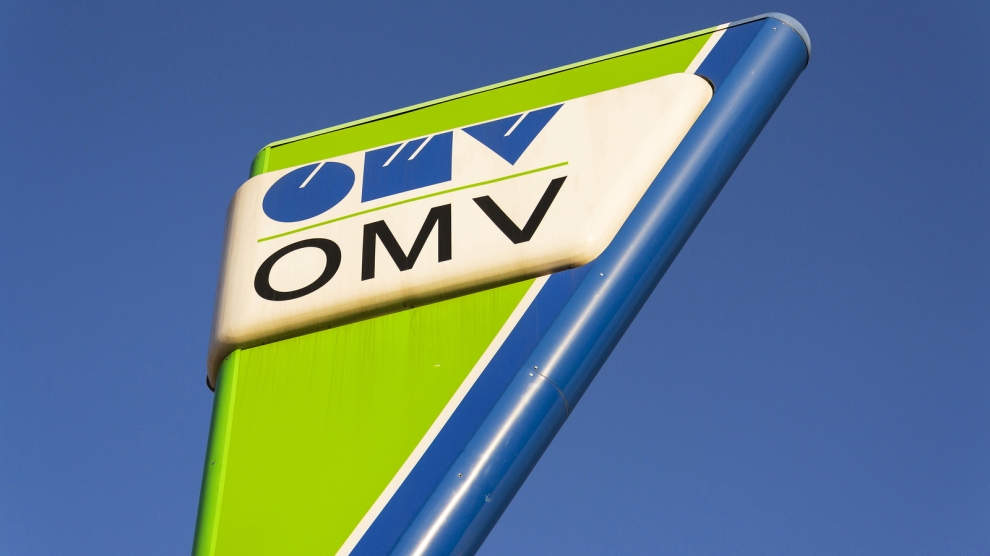The only constant is change. Heraclitus’s observation still holds true some 2,500 years later, not least for the oil and gas industry. Whether change is triggered by volatile commodities prices, trade conflicts and related sanctions or climate action, or a global reshaping of economic growth trends, one thing is certain – over the coming years and decades, oil and gas companies will need to evolve and adapt to a brand-new backdrop.
Energy providers need to take action today by making themselves fit to survive low break-even prices while simultaneously putting in place plans to ensure that the energy that powers our homes and businesses will still be available, safe, and secure, decades from now. All of the forecasts by the IEA – including those fully in line with the objectives of the Paris Agreement – work off the basis that more than 50 per cent of global energy demand will still have to be met by fossil fuels in 2040.
That said, huge shifts in consumption are predicted across the world. For example, Europe is expected to see declining demand for fuels (except aviation), while gas consumption is likely to grow in the quest to meet climate targets, easing the exit from coal and serving as a complement to renewables. Rapid economic growth will boost demand for oil and gas in Asia, while the appetite for petrochemicals will continue to climb worldwide.
Addressing these challenges requires strong, sustainable and reliable partnerships like the one between Austria and Abu Dhabi going back 25 years. Mubadala is OMV’s second largest shareholder and has held 24.9 per cent of OMV shares since 1994. With a representative office here since 2007, Abu Dhabi is OMV’s home from home and our base for helping to meet the future gaps in the Asian market.
Another prerequisite for future success will be flexibility – the ups and downs of different segments mean that if for example the gasoline market is declining, naphtha will need to be quickly brought into the petrochemical process and vice versa. The more flexible a refinery is, the more likely it will be to survive and prosper. And flexibility comes from integration and innovation.
OMV has long been synonymous with integration – our extensive expertise in upstream-downstream-petrochemical integration is at the heart of our sustainable success. This means delivering value added from the well right through to the refinery. And that includes petrochemicals, an area in which we have world-class prowess through our interest in polyolefin leader Borealis (in which Mubadala and OMV hold 64 per cent and 36 per cent respectively) and the petrochemical units fully integrated into our two refineries in Austria and Germany.
The interest OMV acquired this year in ADNOC Refining has not only allowed to expand the downstream business beyond Europe, but also increased the refining capacity by 40 per cent at a single stroke as a partner in Ruwais, the world’s fourth largest refinery.
It also marks the first time OMV has established its integrated business model outside of Central Europe, sharing our expertise with ADNOC for collaboration in the petrochemicals sector and the patented ReOil process, which converts plastic waste into high-quality synthetic crude. OMV benefits by expanding the petrochemical business and establishing a circular economy, while ADNOC benefits from OMV’s expertise in advanced technologies.
In upstream, OMV’s recent acquisitions of stakes in the oil and gas fields SARB, Umm Lulu and Ghasha are essential to our long-term reserves. We have secured these licenses for the next four decades and are confident we will actually produce there for the full 40 years. In return, OMV contribute the experience in making the most of what they have got. When local resources are scarce, as in Central Europe, you have to innovate, and OMV are experts in exploiting mature fields.
As the energy landscape shifts, OMV will be looking to cooperate, innovate and integrate. Vienna-based OMV is fortunate to have a longstanding partnership with the UAE – a country with some of the world’s most abundant resources, well-developed infrastructure, a stable political backdrop, and a decent and trustworthy approach to doing business.
Abu Dhabi is not just our home from home. It is, together with our partner ADNOC, a crucial hub for OMV, and a bridge to the growing Asian markets, from which we will both benefit.

